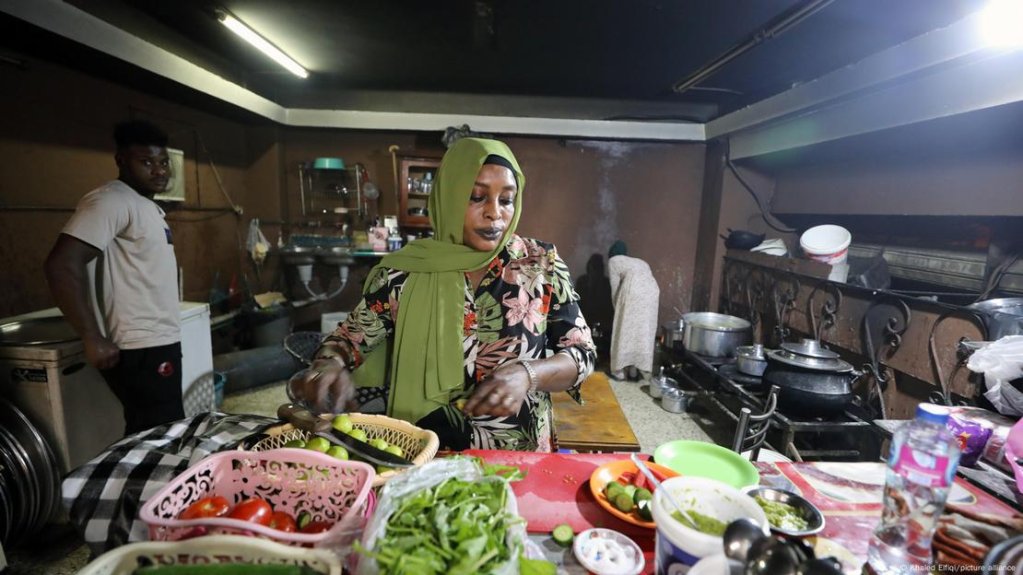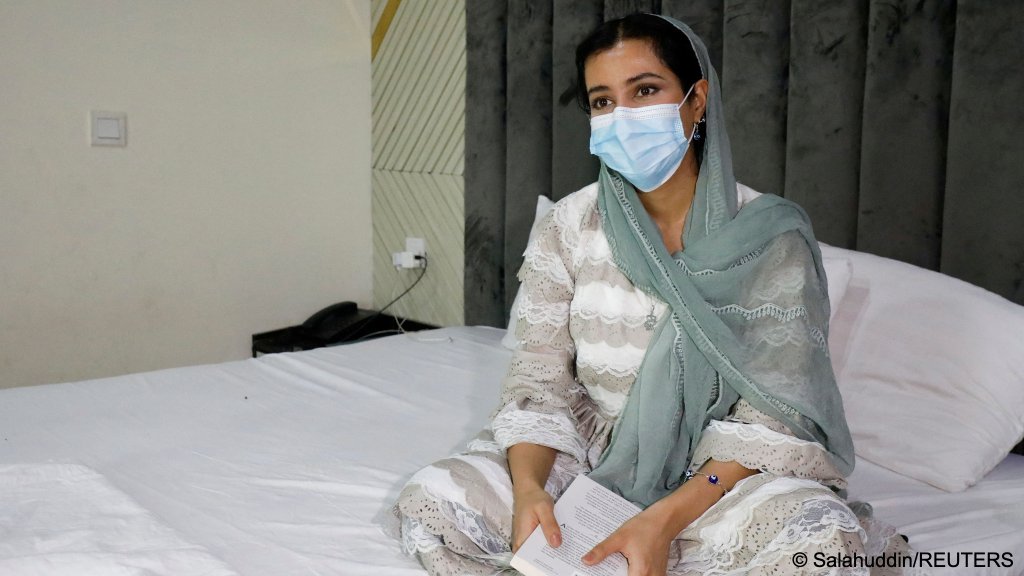Germany has halted refugee resettlement after its new government took office in May, a move that has left thousands of vulnerable people stranded -- including Afghans who had already been promised safe passage.
Germany has admitted 942 refugees from Syria, Sudan, South Sudan, Congo, Eritrea and other countries so far this year under the European Union’s refugee resettlement program.
"Since the change of government on May 7, 2025, no further arrivals have taken place," the government said in response to written questions from Desiree Becker, a member of parliament from The Left party. Becker had submitted two questions on the program.
The suspension had already been foreshadowed earlier in the year. In April, during coalition negotiations following the federal election, the Federal Office for Migration and Refugees (BAMF) confirmed that Germany had halted new resettlement applications in mid-March, processing only cases already at an advanced stage.
At the time, the UN Refugee Agency (UNHCR) expected the program to resume once a new interior minister was in place, but the incoming government’s coalition treaty has since made clear that most humanitarian admission schemes will be wound down.
Read AlsoGermany orders halt on UN refugee resettlement program
Coalition aims to phase out admissions
In its responses, the Interior Ministry noted that the coalition agreement between the Christian Democrats (CDU), their Bavarian sister party the Christian Social Union (CSU), and the centre-left Social Democrats (SPD) calls for humanitarian admission programs to be ended as far as possible and for no new programs to be launched.
"We are currently examining how this can be implemented across the various programs, including resettlement procedures," the ministry said, adding that until a final decision is made, relevant procedures remain suspended.
Read AlsoPakistan detains Afghans waiting for Germany relocations

How resettlement works
Under the scheme, UNHCR identifies particularly vulnerable people for resettlement. German officials then conduct interviews and security checks on site. Refugees who come through the program do not need to apply for asylum once they arrive in Germany.
Germany has pledged a total of 13,100 resettlement places for 2024 and 2025 to the UNHCR and the European Commission, which provides financial support. This figure also covers humanitarian admissions of Syrian refugees from Turkey, agreed under the 2016 EU-Turkey deal.
Read AlsoThe 'refugee summer' of 2015: Key moments that shaped Germany
Afghan refugees caught in limbo
Germany's suspension also affects Afghans who had been promised admission in Germany after the withdrawal of Western troops in 2021. Around 2,000 people who supported German forces or faced persecution were approved for resettlement, but many remain stranded in Pakistan. The German Foreign Ministry confirmed Monday (August 18) that 211 of them were deported back to Taliban-ruled Afghanistan from Pakistan, despite holding German admission pledges.

The Foreign Ministry said it is in talks with Pakistani authorities to secure their return, while temporary accommodation has been arranged in Afghanistan. Critics warn that the suspension of humanitarian programs is leaving even those Germany has already committed to help at serious risk.
Read AlsoPakistan deports Afghans with German resettlement rights
Criticism from the opposition
Becker criticized the government for failing to uphold its humanitarian responsibilities regarding the resettlement intake:
"While there is loud discussion about so-called ‘illegal border crossings,’ safe routes into the country are being deliberately closed," she said.
In May, Tilmann Röder, the former head of case processing at the Interior Ministry’s coordination office for Afghan admissions, which vetted applicants until the end of 2024, called the government’s plan to re-examine and potentially revoke existing admission pledges “an affront” to both the officials who had carried out rigorous checks and to the Afghans who had already been approved.
Read AlsoOrganizations sue German government over Afghan deportations from Pakistan
Past commitments
As recently as April 2024, under the previous government led by the SPD, Greens and the liberal FDP (the so-called “traffic light coalition”), then-Interior Minister Nancy Faeser had described resettlement as "an important building block of a comprehensive and holistic approach to migration policy."
In 2024, 2,279 people were resettled to Germany -- mainly from the host countries of Egypt, Jordan, Kenya and Libya -- as well as through a special quota of 50 places per year reserved for urgent humanitarian emergencies.
From January 2024 to mid-2025, the largest group were Syrians (794 people), followed by Sudanese (561), South Sudanese (398), Somalis (300), Congolese (251), Eritreans (116), and 836 refugees of other nationalities.
Read AlsoOne in 10 deported from Germany are minors
With dpa
